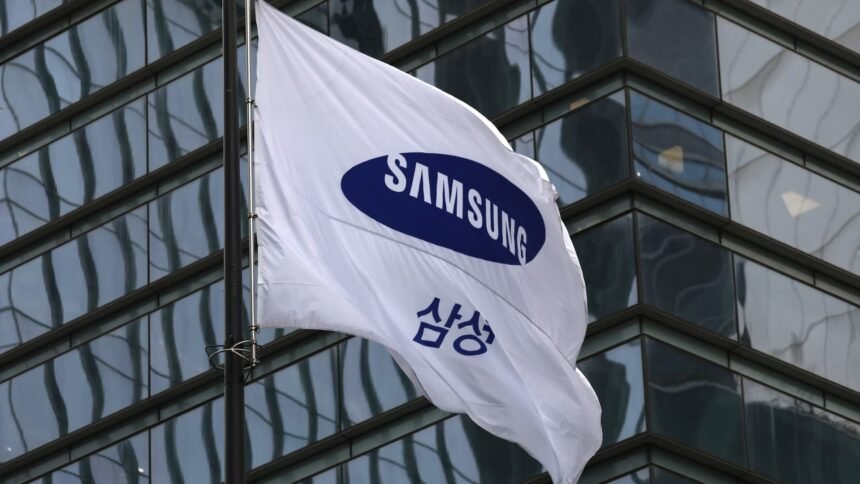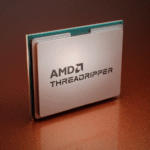A Samsung flag flies outside the company office in Seoul, South Korea on February 05, 2024.
Chung Sung-jun | Getty Images News | Getty Images
Samsung Electronics has entered into a $16.5 billion contract for supplying semiconductors to a major company, a regulatory filing by the South Korean company showed Monday.
The memory chipmaker, which did not name the counterparty, mentioned in its filing that the effective start date of the contract was July 26, 2024 — receipt of orders — and its end date was Dec. 31, 2033.
Samsung did not immediately respond to a request for comments on the contract.
The company said that details of the deal, including the name of the counterparty, will not be disclosed until the end of 2033, citing a request from the second party “to protect trade secrets,” according to a Google translation of the filing in Korean.
“Since the main contents of the contract have been not been disclosed due to the need to maintain business confidentiality, investors are advised to invest carefully considering the possibility of changes or termination of the contract,” the company said. Its shares were up more than 2% in early trading.
Samsung’s foundry service manufactures chips based on designs provided by other companies. It is the second largest provider of foundry services globally, behind Taiwan Semiconductor Manufacturing Company.
Samsung, which is set to deliver earnings on Thursday, expects its second-quarter profit to more than halve. An analyst previously told CNBC that the disappointing forecast was due to weak orders for its foundry business and as its memory business struggles to capture AI demand.
The company has fallen behind competitors SK Hynix and Micron in high-bandwidth memory chips — an advanced type of memory used in AI chipsets.
SK Hynix, the leader in HBM, has become the main supplier of these chips to American AI behemoth Nvidia. While Samsung has reportedly been working to get the latest version of its HBM chips certified by Nvidia, a report from a local outlet suggests these plans have been pushed back to at least September.







